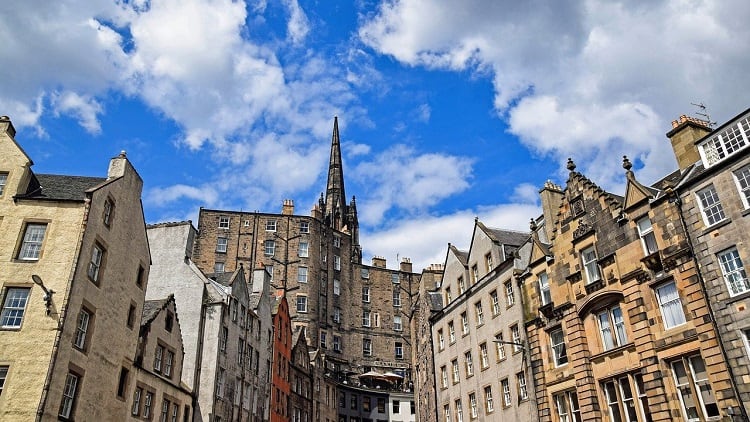While the Government has stated further details will be released nearer the earmarked time of introduction (Monday 12 April), previous coronavirus regulations has been based on the definition of indoors, taken from the smoke-free regulations.
The Health Act 2006, part one, section two states: “If there is a ceiling or roof and more than 50% of the walls are present, the premises is substantially enclosed and smoking cannot take place.
“No account can be taken of any doors, windows or other structures that can be opened or shut.”
Should the Government make this the basis of decided what outside space actually means, operators that erect structures such as marquees in their beer gardens so they can remain trading during inclement weather, should ensure the structure has less than half of its walls closed.
Poppleston Allen partner Sarah Taylor gave her perspective on how pubs could utilise their space in gardens and other external areas at The Morning Advertiser’s MA500 conference last October, including the fast-track of pavement licences.
Pavement licence
The Business & Planning Act help is in place until 30 September. This allows the fast track use of the highway for tables and chairs and adds off-sales (until 11pm) to those licences that don’t automatically have it.
This pavement licence costs operators no more than £100 and enables local authorities to delegate decisions to sub committees and council officials.
Taylor said: “The current regime for Highways, the Highways Act applications has been supplemented by the Business and Planning Act 2020.
“The Government has brought in a new, effectively a fast-track system where you can make an application for a pavement licence that doesn’t carry the current 28-day consultation period.
“That was brought in to assist operators at this time and doesn’t require any planning permission to be acquired before the application is made.
“There are various requirements that do still come with that because it needs to be consulted upon but essentially it is a fast-track application that allows operators to put a plan together of what they would like, they need to specify the days and times they want to put furniture on their outside areas, send that to the local authority and then there’s a five working day consultation period.
“Following that, the local authority has a further five working days to make a decision on application. Essentially, the purpose is to circumvent this 28-day consultation period you have with the Highways Act and to make life easier for operators and enable them to get furniture outside more quickly.”
Period allowed
The solicitor went on to highlight the details of fast-track applications and how this can benefit operators.
Taylor added: “We have been dealing with a lot of applications. These started over the summer [of 2020] so people could maximise the time during the summer but it’s important to recognise these will be ongoing.
“They can be granted for a period of up to year, not past 30 September 2021, that’s when the Business and Planning Act allows for them to be valid until.
“Local authorities can determine the duration the licences will be in effect for once they are granted and it’s no less than three months but no more than a year.
“During the consultation period, if the council don’t deal with the application, it isn’t the case that you get to the end of the application period and the whole thing is rejected, it is granted for a period of a year if they don’t manage to deal with it during that consultation period. The options are there and it’s important to use them.”
Operators should also ensure their public liability insurance covers all outside areas.




